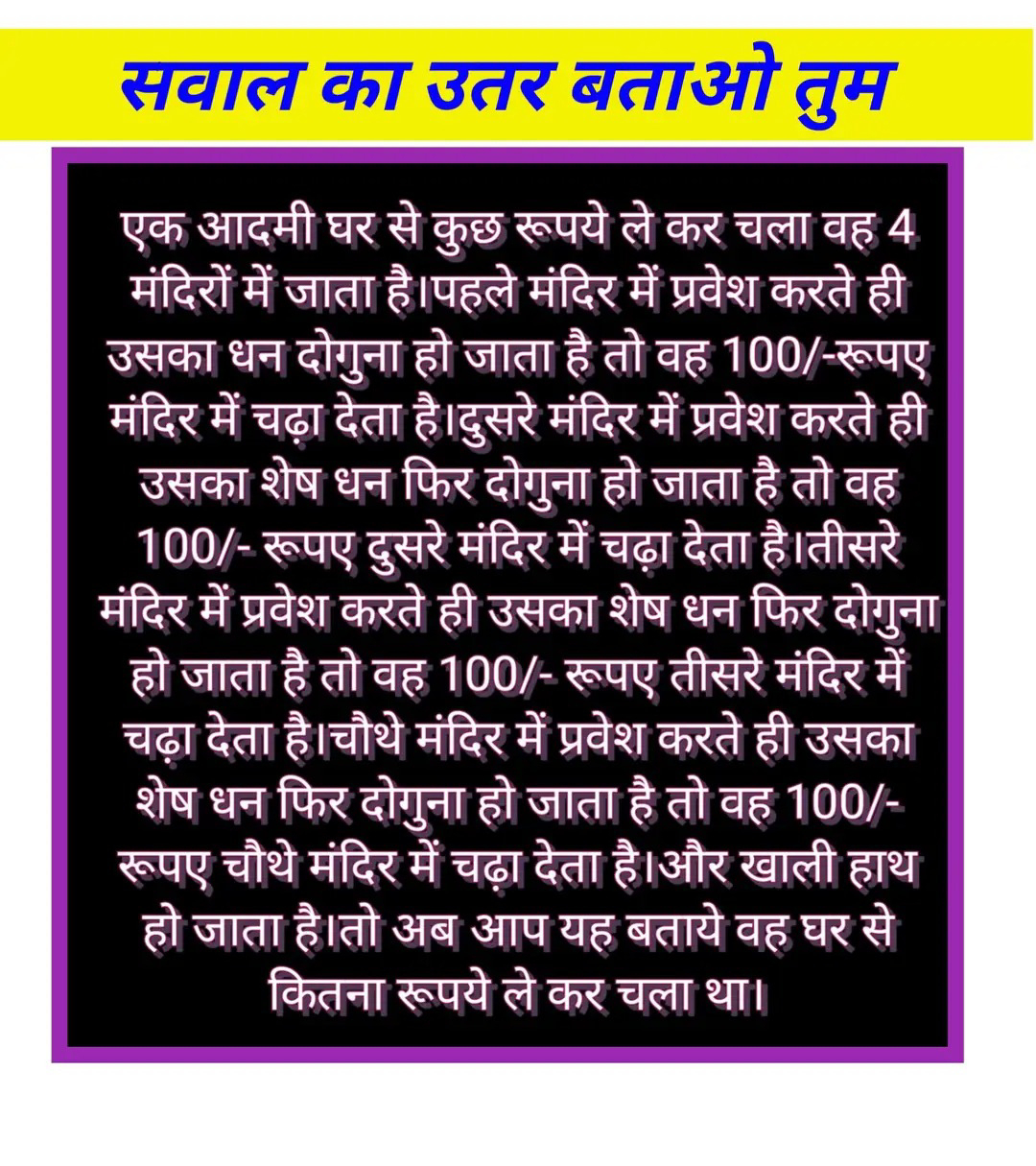Part III: The Silence Absolute
Chapter 6: The Long Twilight
"And so, my small family, the great human fever finally broke," Mitthu chirped, stretching a wing and gazing out over a landscape that was still scarred, but now also subtly, unnervingly still. "With their ceaseless clamor gone, their metal beasts silenced, and their destructive fires extinguished, a different kind of quiet settled upon the Earth. Not a peaceful quiet, but a hollow one, a waiting silence that slowly, inexorably, began to claim us too."
"But Mother, you said the plants came back? And the insects?" Chirp asked, its voice tinged with confusion, recalling the earlier parts of the tale.
"They did, little one, for a time," Mitthu replied, a deep, mournful coo rumbling in its throat. "The initial green brave enough to pierce the concrete, the first buzzing of insects – these were not signs of true healing, but a brief, desperate defiance. The wounds were too deep, the poisons too vast, too patient."
The air, though cleared of immediate ash, still carried the faint, unseen traces of human fury. The water, in many places, remained a slow poison, luring the thirsty only to steal their strength. My flock and I, on our endless migrations, found fewer and fewer truly clean sources. We flew over vast, unnatural stretches of land where nothing grew, where the very soil seemed brittle and dead. The craters remained, vast scars on the Earth's face, refusing to be healed by any amount of time or rain.
The plants that did grow were often twisted, their leaves mottled, their berries bitter and devoid of life-giving energy. The insects, too, were not as they once were. Their numbers, though initially a brief boom after the human feast, began to thin. We would find them twitching on the ground, their forms strangely malformed, their life cycles unnaturally brief. And without their healthy abundance, our own foraging grew harder with each passing season.
"We learned to recognize the signs, my dears," Mitthu murmured, a shiver running through its feathers. "The thinness in the feather, the dullness in the eye, the sudden weariness that would settle upon even the strongest among us. It was the invisible killer, the same one that claimed the last humans, now slowly, quietly, claiming us too. Our fledglings were fewer with each hatching, and many did not live to see their first migration. The nests, once vibrant with new life, grew quieter, year by year."
We watched as the towering human structures, once so imposing, continued their slow, inevitable crumble. Not with nature joyfully reclaiming them, but with a weary sigh. Wind and rain eroded them into dust, but the dust was still tainted. The vines that had once snaked up their walls withered, unable to truly root in the poisoned earth below. The forests, though trying to creep back, were sparse, the trees often stunted and sickly, their leaves holding a strange, melancholic hue.
"The Earth, my children, has seen countless cycles," Mitthu continued, its voice heavy with ancient understanding. "Elders from distant lands, those who flew close to the great frozen wastes, spoke of the planet's vast, patient memory. It sheds its skin, it reshapes itself, it endures. But it does so on its own terms, in its own time. The humans believed they could control that time, accelerate it, bend it to their will. They were wrong. They only sped up their own ending."
"So, we too will… disappear?" Pip asked, its tiny voice barely a whisper, a newfound dread in its tone.
Mitthu closed its eyes for a moment, recalling the hollow silence of the last human. "Yes, my little ones. Our kind, and many others, will follow. The wounds inflicted were too great, the imbalance too profound for this cycle of life to continue as it was. The Earth will heal, yes, in a time far, far beyond our imagining. Perhaps mountains will rise and fall again, oceans will shift their beds, and new forms of life, utterly unlike us, will stir from the primordial depths."
Mitthu unfurled its wings, a final, weary gesture. "But that rebirth will be for a world cleansed of their memory, a world that has finally shed all the poisons. We are living in the long twilight, the final breaths of this damaged era. Our purpose now is simply to bear witness, to endure as long as we can, and to carry the memory of their arrogance, so that if ever the Earth brings forth another creature with their cleverness, perhaps, just perhaps, the air itself will remember to whisper caution."
With a heavy beat of its wings, Mitthu launched itself from the ledge, its children following, their small forms silhouetted against a sky that seemed to hold a perpetual, mournful grey. They flew not towards new hope, but towards another uncertain dawn, a testament to life's fleeting dance on a planet slowly, patiently, resetting itself after the fury of Man. The world was scarred, and the silence that followed humanity was now encompassing all.
----------------------- THE END?? -----------------------
